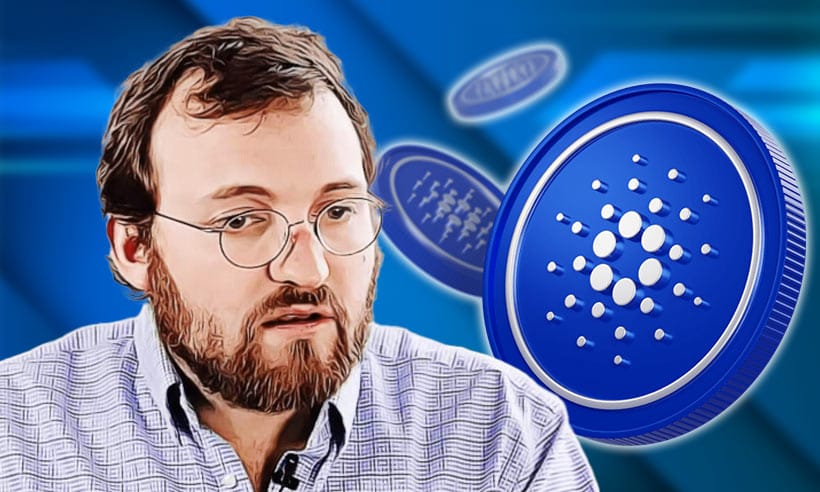Cardano Founder Charles Hoskinson Defends Argentina President Javier Milei Amid LIBRA Memecoin Controversy

Charles Hoskinson, the visionary mind behind Cardano, has stepped into the spotlight, this time to voice his unwavering support for Argentina’s President Javier Milei admid the LIBRA memecoin scandal. In a recent video clip, Hoskinson passionately defends Milei’s libertarian approach to governance, particularly the economic reforms that have slashed inflation and lifted many Argentinians out of poverty.
His enthusiasm is understandable as he describes the chance to witness these policies unfold in real time, offering a rare glimpse into what he sees as a groundbreaking experiment in national leadership. For Hoskinson, Milei’s presidency isn’t just politics—it’s a living test of principles he’s long championed, and he’s not about to let media sensationalism derail the conversation.
Hoskinson doesn’t mince words when it comes to his distrust of mainstream media outlets. He accuses them of twisting narratives to fit their own agendas, claiming they’ve hounded him for interviews only to spin his words into clickbait headlines screaming corruption and bribery. He’s adamant about not playing their game, refusing to grant interviews to those he believes are more interested in ratings than Argentina’s future.
His frustration is clear as he calls out these “ghosts” for their lack of genuine concern, drawing parallels to the media tactics he’s seen in the United States. For him, this isn’t just about protecting his own reputation—it’s about safeguarding an honest discussion of Milei’s work and the potential it holds for a nation in need of change.
Cardano Founder Charles Hoskinson discussing Milei
A Vision for Argentina’s Future
What sets Hoskinson apart in this debate is his focus on the bigger picture. He sees Milei’s leadership as a unique opportunity to gather real-world data on libertarian policies, a chance to measure their impact over the next three to five years against the backdrop of other countries’ struggles. He’s excited by the tangible results already emerging—lower inflation, reduced poverty, and a shift in Argentina’s economic trajectory.
This isn’t blind optimism; it’s a calculated belief that Milei’s cuts and reforms could serve as a model worth studying. Hoskinson’s perspective carries weight, not just because of his prominence in the cryptocurrency world, but because he’s framing Argentina as a case study that could resonate far beyond its borders.
His refusal to engage with what he sees as biased journalism only sharpens his stance. He’s not here to fuel headlines about the LIBRA memecoin issues or entertain unfounded allegations. Instead, he’s doubling down on the philosophy driving Milei’s administration, urging others to look past the noise and focus on the outcomes.
Hoskinson knows the media thrives on drama, but he’s betting on substance to win out in the end. Whether you agree with his take or not, his conviction is hard to ignore—he’s all in on Milei’s vision, and he’s not afraid to stand alone if it means keeping the conversation real.

